-
 Bitcoin
Bitcoin $116700
2.16% -
 Ethereum
Ethereum $3830
5.76% -
 XRP
XRP $3.082
4.56% -
 Tether USDt
Tether USDt $1.000
0.04% -
 BNB
BNB $777.8
1.96% -
 Solana
Solana $173.2
5.46% -
 USDC
USDC $0.0000
0.02% -
 Dogecoin
Dogecoin $0.2146
6.85% -
 TRON
TRON $0.3384
0.92% -
 Cardano
Cardano $0.7676
5.51% -
 Hyperliquid
Hyperliquid $39.28
4.90% -
 Sui
Sui $3.723
9.07% -
 Stellar
Stellar $0.4164
6.32% -
 Chainlink
Chainlink $17.36
5.78% -
 Bitcoin Cash
Bitcoin Cash $580.9
3.62% -
 Hedera
Hedera $0.2544
5.50% -
 Ethena USDe
Ethena USDe $1.001
0.02% -
 Avalanche
Avalanche $22.81
3.81% -
 Litecoin
Litecoin $120.8
3.60% -
 UNUS SED LEO
UNUS SED LEO $8.956
-0.35% -
 Toncoin
Toncoin $3.311
4.28% -
 Shiba Inu
Shiba Inu $0.00001266
4.15% -
 Uniswap
Uniswap $10.10
5.97% -
 Polkadot
Polkadot $3.786
4.80% -
 Dai
Dai $1.000
0.01% -
 Monero
Monero $280.4
-4.02% -
 Bitget Token
Bitget Token $4.405
1.69% -
 Cronos
Cronos $0.1480
5.13% -
 Pepe
Pepe $0.00001087
5.67% -
 Ethena
Ethena $0.6348
11.62%
Is SUI contract trading suitable for novices? What knowledge do I need to learn?
SUI contract trading can be suitable for novices willing to learn about leverage, margin, and risk management, but it requires a significant time investment and financial preparedness.
May 11, 2025 at 10:28 am
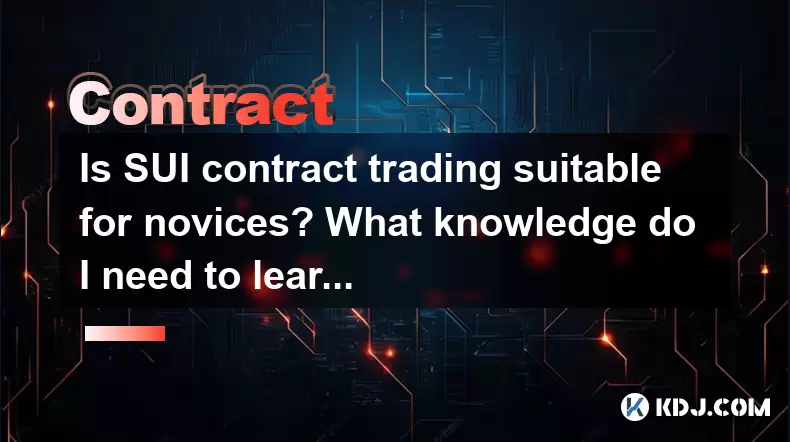
Is SUI contract trading suitable for novices? What knowledge do I need to learn?
SUI contract trading, also known as futures trading within the SUI ecosystem, is an exciting but complex area of the cryptocurrency market. For novices, entering the world of SUI contract trading can be both thrilling and intimidating. This article will explore whether SUI contract trading is suitable for novices and outline the essential knowledge required to navigate this field effectively.
Understanding SUI Contract Trading
SUI contract trading involves trading contracts that derive their value from the underlying SUI cryptocurrency. These contracts allow traders to speculate on the future price movements of SUI without owning the actual asset. This form of trading is often used for hedging risks or for leveraging potential gains.
The key difference between spot trading and contract trading is that spot trading involves the immediate exchange of assets, while contract trading involves agreements to buy or sell assets at a future date. This introduces additional layers of complexity, such as leverage, margin requirements, and expiration dates, which can be challenging for novices to grasp.
Is SUI Contract Trading Suitable for Novices?
SUI contract trading can be suitable for novices, but it comes with a steep learning curve and significant risks. Novices must be prepared to invest time in learning the fundamentals and managing risks effectively. Here are some factors to consider:
- Risk Tolerance: Contract trading often involves high leverage, which can amplify both gains and losses. Novices need to assess their risk tolerance and be prepared for potential losses.
- Time Commitment: Understanding the intricacies of contract trading requires a significant time investment. Novices should be willing to dedicate time to learning and practicing.
- Financial Preparedness: Novices should start with a small amount of capital that they can afford to lose. This helps in gaining experience without risking substantial financial loss.
Essential Knowledge for SUI Contract Trading
To succeed in SUI contract trading, novices need to acquire a solid foundation in several key areas. Here's a detailed look at the essential knowledge required:
Basic Cryptocurrency Knowledge
Before diving into SUI contract trading, novices should have a good understanding of cryptocurrencies in general. This includes:
- Blockchain Technology: Understanding how blockchain works and its role in cryptocurrencies.
- Cryptocurrency Wallets: Knowledge of different types of wallets and how to secure them.
- Cryptocurrency Exchanges: Familiarity with how exchanges operate and the differences between centralized and decentralized exchanges.
Understanding SUI and Its Ecosystem
SUI is a unique cryptocurrency with its own ecosystem. Novices should learn about:
- SUI's Purpose and Use Cases: Understanding what SUI aims to achieve and how it is used within its ecosystem.
- SUI's Market Position: Knowledge of SUI's market performance, competitors, and potential growth areas.
- SUI's Technical Details: Familiarity with SUI's technical specifications, such as its consensus mechanism and transaction processing capabilities.
Fundamentals of Contract Trading
Contract trading involves several concepts that novices must understand:
- Leverage: The use of borrowed funds to increase the potential return of an investment. Novices should understand how leverage works and its risks.
- Margin: The amount of capital required to open and maintain a contract position. Understanding margin requirements is crucial for managing risk.
- Expiration Dates: Contracts have expiration dates, and novices need to know how these dates affect their trading strategies.
- Long and Short Positions: Understanding the difference between betting on price increases (long) and price decreases (short).
Risk Management Strategies
Effective risk management is crucial for success in SUI contract trading. Novices should learn:
- Stop-Loss Orders: How to set stop-loss orders to limit potential losses.
- Position Sizing: Determining the appropriate size of each trade based on risk tolerance and account size.
- Diversification: Spreading risk across different assets and strategies to minimize the impact of any single loss.
Technical and Fundamental Analysis
To make informed trading decisions, novices need to learn:
- Technical Analysis: Using charts and indicators to predict future price movements. This includes understanding candlestick patterns, moving averages, and other technical tools.
- Fundamental Analysis: Evaluating the intrinsic value of SUI based on its underlying technology, market conditions, and other factors.
Practical Steps to Start SUI Contract Trading
For novices ready to start SUI contract trading, here are the practical steps to follow:
- Choose a Reliable Exchange: Select a reputable exchange that offers SUI contract trading. Research the exchange's security measures, fees, and user reviews.
- Set Up an Account: Register on the chosen exchange, complete the necessary KYC (Know Your Customer) verification, and set up two-factor authentication for added security.
- Fund Your Account: Deposit funds into your exchange account. Start with a small amount that you can afford to lose.
- Learn the Trading Platform: Familiarize yourself with the exchange's trading interface. Practice using demo accounts if available.
- Start with Small Trades: Begin with small trades to gain experience and build confidence. Gradually increase your position size as you become more comfortable.
- Monitor and Adjust: Continuously monitor your trades and adjust your strategies based on market conditions and performance.
Frequently Asked Questions
Q: Can I start SUI contract trading with a small amount of money?
A: Yes, you can start with a small amount of money. Many exchanges allow you to trade with minimal capital, but remember that using leverage can amplify both gains and losses. Start small and gradually increase your investment as you gain experience.
Q: How long does it take to become proficient in SUI contract trading?
A: The time it takes to become proficient varies from person to person. It depends on your dedication to learning, the time you invest in practicing, and your ability to adapt to market changes. Generally, it can take several months to a year of consistent effort to gain a solid understanding.
Q: Are there any tools or resources that can help me learn SUI contract trading?
A: Yes, there are numerous tools and resources available. Online courses, trading simulators, and educational content from reputable sources can be very helpful. Additionally, joining trading communities and forums can provide valuable insights and support from experienced traders.
Q: What are the common mistakes novices make in SUI contract trading?
A: Common mistakes include over-leveraging, not setting stop-loss orders, ignoring risk management, and letting emotions drive trading decisions. Novices should be aware of these pitfalls and strive to avoid them by adhering to a disciplined trading strategy.
Disclaimer:info@kdj.com
The information provided is not trading advice. kdj.com does not assume any responsibility for any investments made based on the information provided in this article. Cryptocurrencies are highly volatile and it is highly recommended that you invest with caution after thorough research!
If you believe that the content used on this website infringes your copyright, please contact us immediately (info@kdj.com) and we will delete it promptly.
- Ollama Turbo & GPT-OSS: Revolutionizing AI Model Accessibility and Speed
- 2025-08-07 20:29:33
- Bitcoin Ordinals: NFTs Evolving Bitcoin or a Fleeting Fad?
- 2025-08-07 20:29:33
- BlockchainFX, Bitcoin Swift, Crypto Presales: What's the Hype?
- 2025-08-07 19:10:13
- Pepe Dollar (PEPD) vs. SPX6900: The Meme Coin Battle of 2025
- 2025-08-07 19:50:12
- XRP Investment Regret: Are You Missing Out on the Next Big Thing?
- 2025-08-07 19:50:12
- XRPINU: More Than Just a Meme? Roadmap, Liquidity, and the Future of Funny Money
- 2025-08-07 19:56:46
Related knowledge
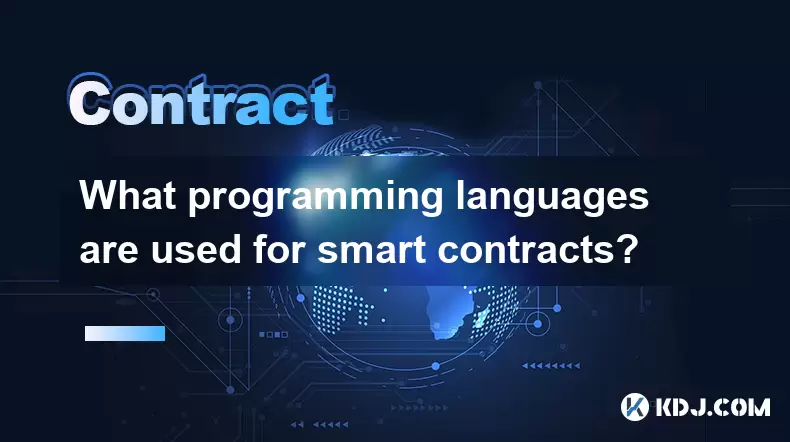
What programming languages are used for smart contracts?
Aug 07,2025 at 06:07pm
Understanding Smart Contracts and Their Execution EnvironmentSmart contracts are self-executing programs deployed on blockchain networks that automati...

What is a long position in crypto contracts?
Aug 07,2025 at 06:29pm
Understanding the Concept of a Long Position in Crypto ContractsA long position in crypto contracts refers to a trading strategy where a trader buys a...
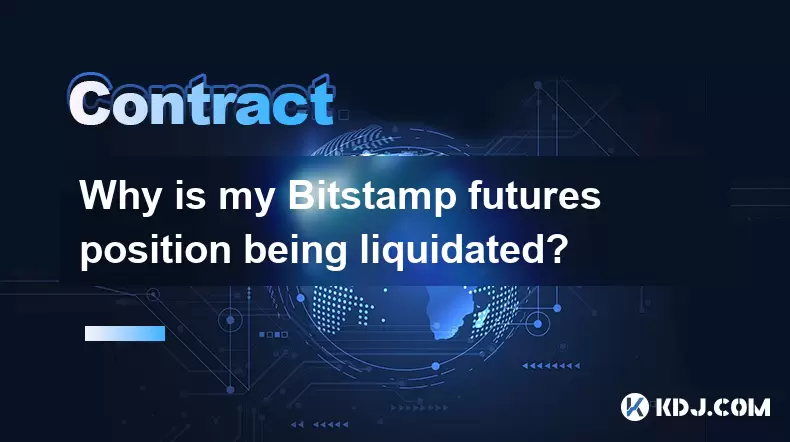
Why is my Bitstamp futures position being liquidated?
Jul 23,2025 at 11:08am
Understanding Futures Liquidation on BitstampFutures trading on Bitstamp involves borrowing funds to open leveraged positions, which amplifies both po...
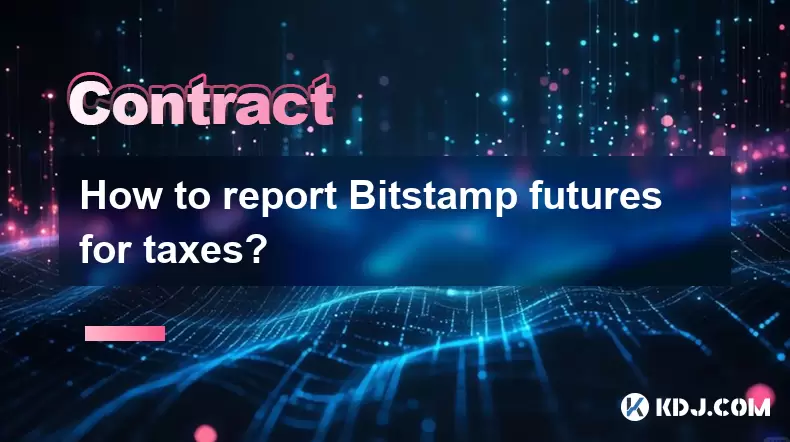
How to report Bitstamp futures for taxes?
Jul 30,2025 at 08:35am
Understanding Bitstamp Futures and Taxable EventsWhen trading Bitstamp futures, it’s essential to recognize that these financial instruments are treat...
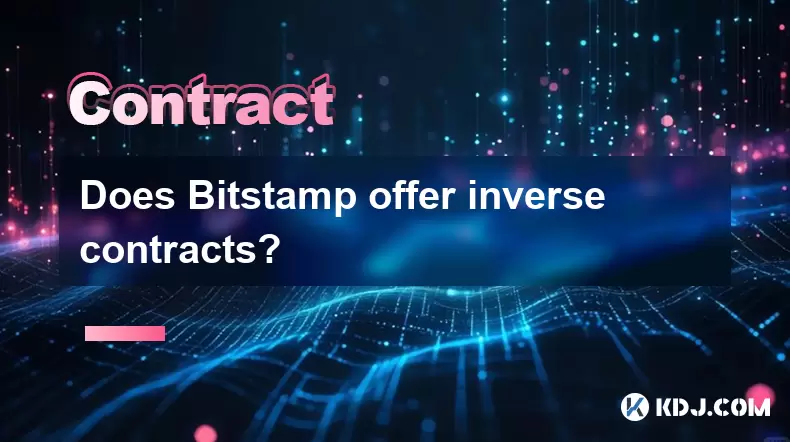
Does Bitstamp offer inverse contracts?
Jul 23,2025 at 01:28pm
Understanding Inverse Contracts in Cryptocurrency TradingIn the realm of cryptocurrency derivatives, inverse contracts are a specific type of futures ...
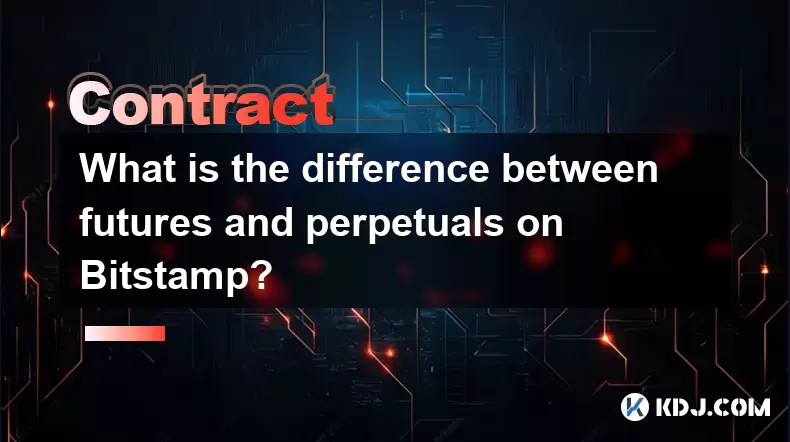
What is the difference between futures and perpetuals on Bitstamp?
Jul 27,2025 at 05:08am
Understanding Futures Contracts on BitstampFutures contracts on Bitstamp are financial derivatives that allow traders to speculate on the future price...

What programming languages are used for smart contracts?
Aug 07,2025 at 06:07pm
Understanding Smart Contracts and Their Execution EnvironmentSmart contracts are self-executing programs deployed on blockchain networks that automati...

What is a long position in crypto contracts?
Aug 07,2025 at 06:29pm
Understanding the Concept of a Long Position in Crypto ContractsA long position in crypto contracts refers to a trading strategy where a trader buys a...

Why is my Bitstamp futures position being liquidated?
Jul 23,2025 at 11:08am
Understanding Futures Liquidation on BitstampFutures trading on Bitstamp involves borrowing funds to open leveraged positions, which amplifies both po...

How to report Bitstamp futures for taxes?
Jul 30,2025 at 08:35am
Understanding Bitstamp Futures and Taxable EventsWhen trading Bitstamp futures, it’s essential to recognize that these financial instruments are treat...

Does Bitstamp offer inverse contracts?
Jul 23,2025 at 01:28pm
Understanding Inverse Contracts in Cryptocurrency TradingIn the realm of cryptocurrency derivatives, inverse contracts are a specific type of futures ...

What is the difference between futures and perpetuals on Bitstamp?
Jul 27,2025 at 05:08am
Understanding Futures Contracts on BitstampFutures contracts on Bitstamp are financial derivatives that allow traders to speculate on the future price...
See all articles

























































































